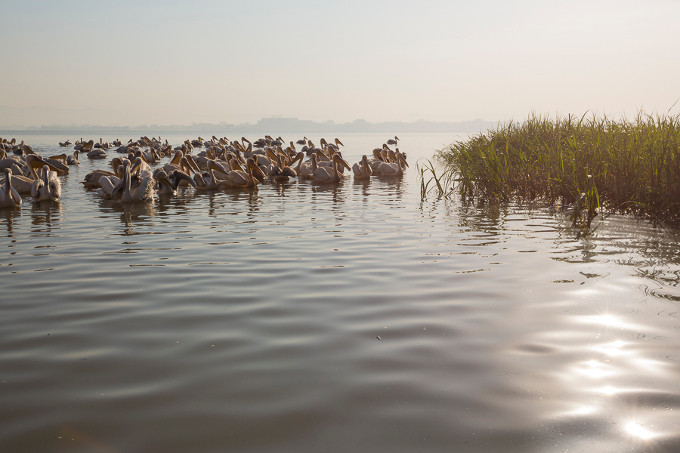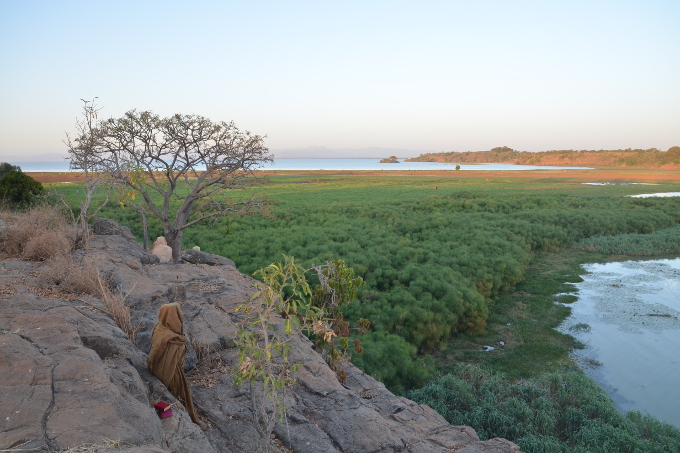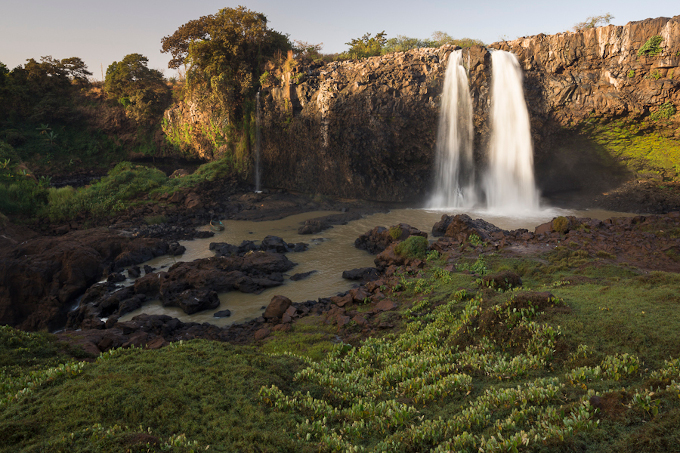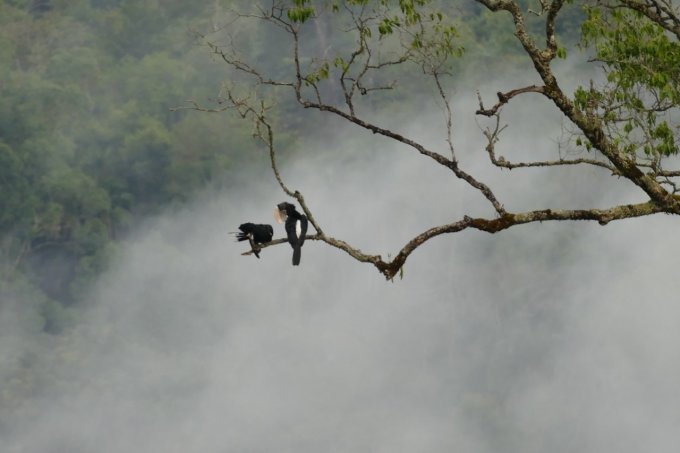Project activities
Implementing measures for man and the biosphere

Lake Tana – biodiversity hotspot and home of numerous aquatic birds (Bruno D’Amicis)
Here is a short overview of the project activities, divided into four components:
| Component 1: Biosphere reserve development |
|---|
| Developing the biosphere reserve administration For the future biosphere reserve to function and operate effectively, it needs a strong administration that is integrated and tailored to local, regional and national institutions. >>More | Participative biosphere reserve zoning The inhabitants may use the area's natural resources in a sustainable way, and, at the same time, contribute to conserving precious habitats. This is achieved through establishing a zoning system with three categories. >>More | Development of a management and business plan According to the "Seville Strategy" and the “Statutory Framework of the World Network”, a management plan needs to be developed for the proposed area to be recognised as a “Biosphere Reserve”. >>More | Implementation of the management plan Once the management plan for the biosphere reserve has been developed, the next step is to implement it and in cooperation with the local communities and relevant authorities. >>More | Application to UNESCO for official recognition of Lake Tana region as a biosphere reserve NABU has assistedthe Ethiopian Government in the preparation and development of the application for the nomination of the proposed Lake Tana Biosphere Reserve, which was submitted in September 2014. >>More | Component 2: Development of ecotourism and regional products as alternative sources of income | Development and promotion of ecotourism There is significant potential for the development and promotion of ecotourism in the Lake Tana region. This will create social and economic benefits for local communities, and ensure the natural environment is protected. >>More | Public-private partnership (PPP) for the development and marketing of regional natural products To promote sustainable use of natural resources and support regional development, the project aims to support the processing and marketing of natural products around Lake Tana. >>More | Component 3: Conservation and use concepts / sustainable resource management | Integrated wetland management The project aims to restore and secure the ecological functioning of the wetlands around Lake Tana. Through the introduction of participative sustainable management methods and the development of alternative uses for five different wetland types, these invaluable habitats will be protected. >>More | Reforestation and sustainable management for church forests Today only small fragments of near-natural forest remain in the Lake Tana region, the so-called “church forests”. These “islands” that have survived thanks to the patronage of the Ethiopian Orthodox Church, are in urgent need of conservation and must be linked to one another through natural corridors. >>More | Development and testing of soil-friendly agriculture The aim of this component is to develop a site adapted, soil-friendly agriculture scheme, based on the multi-benefit approach of Conservation Agriculture, that can be introduced in the Lake Tana area. >>More | Component 4: Communication and public relations (regional, national and international) and interlinking with research projects Continuous public relations activities will accompany the project to publicise it both internationally and nationally and to raise awareness for the establishment of the BR on national, regional, and local levels. >>More |
project overview
NABU working in close cooperation with the Ethiopian government, the Michael Succow Foundation, many other local partners and organisations as well as with local communities, is supporting the protection of the unique environment around Lake Tana and promoting sustainable development in the region. more →
related topics
NABU supports the creation, establishment and effective management of protected areas as part of our international activities. A special emphasis lies on UNESCO biosphere reserves, however, not exclusively. more →
UNESCO biosphere reserves are natural or cultural landscapes serving as model regions for sustainable development. Biosphere reserves are particularly well suited to balancing exploitation by humans and nature conservation efforts on a sustainable basis. more →



